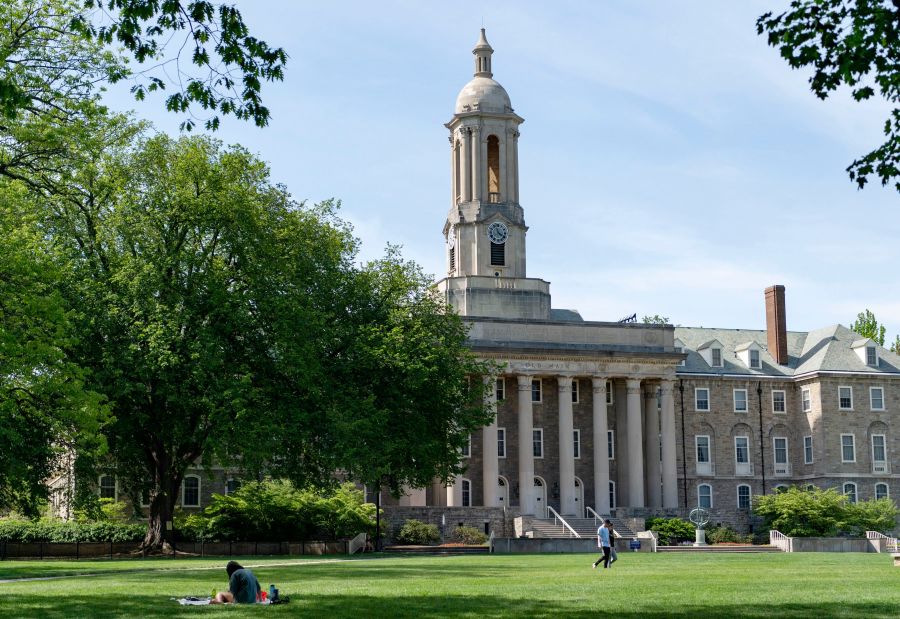Penn State Board of Trustees Approves 2026-27 Budget with Tuition Increases and New Acquisitions
The Penn State Board of Trustees recently approved the proposed university budget for the 2026–2027 academic year, which includes several significant changes affecting students, faculty, and campus operations. The decision has sparked discussions about the financial implications for different student groups and the long-term plans for university assets.
One of the most notable aspects of the new budget is the planned tuition increases. In-state undergraduate students at Commonwealth Campuses will not face a tuition hike for the upcoming school year, marking the fourth consecutive year that these rates have remained frozen for Pennsylvania residents. However, students attending the main campus in University Park may experience a modest increase. The board approved a 2% rise in tuition for in-state students at the main campus, which translates to an additional $200 per semester. This brings the per-credit cost to $870. Out-of-state students will see higher increases, with a 1% rise at Commonwealth Campuses and a 4% increase at the main campus.
In addition to tuition adjustments, housing and food costs at University Park are also set to increase by 2.85%, or approximately $198 per semester. This adjustment reflects the ongoing efforts to maintain and improve living conditions for students on campus.
The budget also includes provisions for faculty raises, with a 3% pool allocated for merit-based salary increases. While this percentage is set as a baseline, trustees emphasized that actual raises could vary depending on performance evaluations. Some members of the board expressed support for the tuition increase, arguing that it would allow the university to invest in its faculty and maintain competitive compensation levels.
Another key component of the budget is the acquisition of a former fraternity house. The university has decided to purchase the former Beta Theta Pi house on campus for $7.3 million. This price includes both the purchase of the property and necessary improvements. The house was originally sold to the fraternity in 1928, with a deed restriction requiring it to be used exclusively as a fraternity house. However, the fraternity lost its charter in 2017 following the tragic death of Timothy Piazza. Since then, Penn State has been exploring options for reclaiming the property, and the recent decision marks a significant step forward in those discussions.
Despite the approval of the purchase, the university has not yet provided details on how the property will be improved or what future use it will serve. This lack of clarity has raised questions among students and faculty about the long-term vision for the site.
The budget also includes other financial commitments, such as investments in infrastructure, technology, and academic programs. These decisions reflect the university’s broader goals of enhancing the educational experience while managing rising operational costs.
As the 2026–2027 academic year approaches, students and families will need to carefully review the financial implications of these changes. While some groups may benefit from stable tuition rates, others will face increased costs for housing and education. The university’s leadership has emphasized the importance of balancing fiscal responsibility with the need to support academic excellence and student well-being.
Overall, the approved budget signals a shift in priorities for Penn State, focusing on maintaining quality education, supporting faculty, and addressing long-standing campus issues. The coming months will likely bring more updates on how these plans will be implemented and what they mean for the university community.







